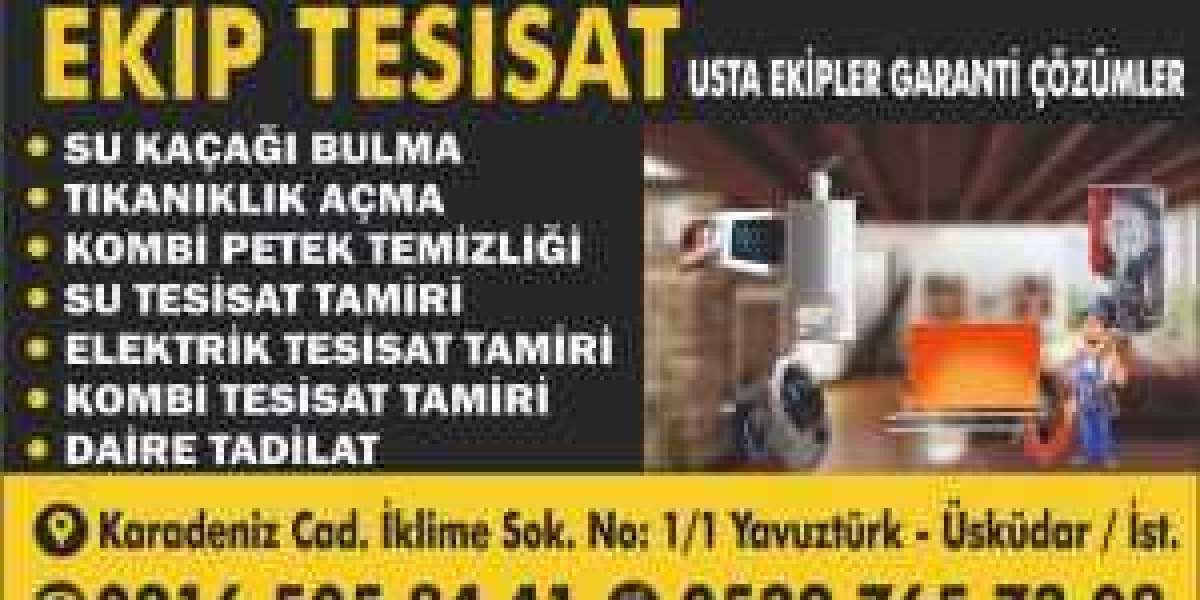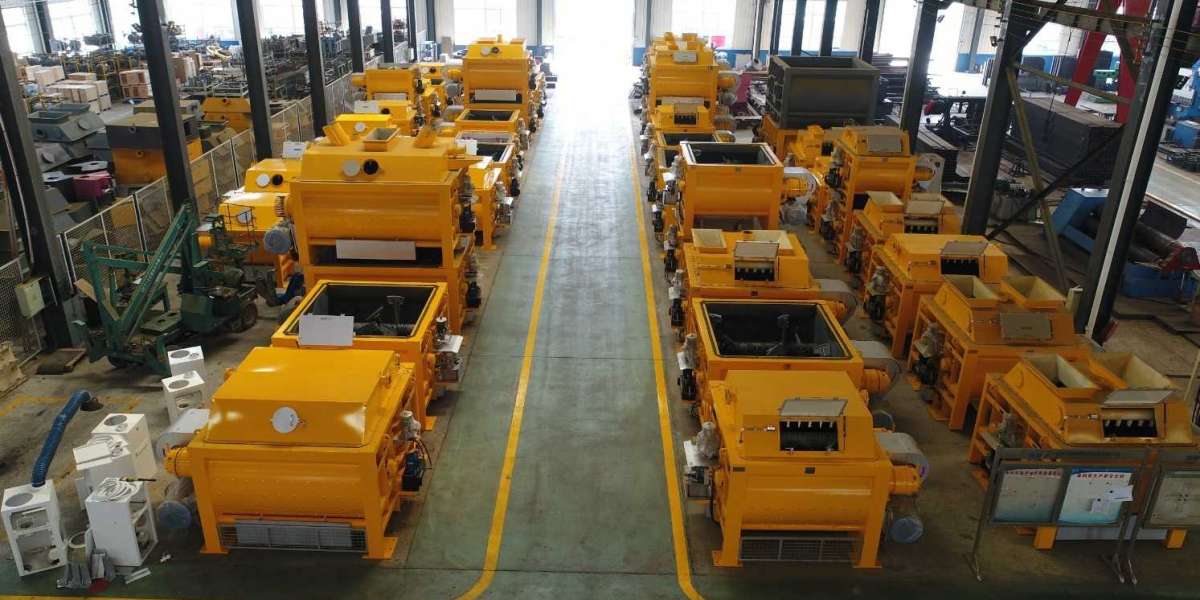Continuous casting is a manufacturing process in which metal is melted into a liquid, and then the liquid metal is poured into a set of condensing equipment. When the metal is partially condensed, a casting of a certain length and shape is pulled from another section of the condensing equipment. This is a mainstream steel forming method. The equipment used for this manufacturing process is called a continuous casting machines.
The industry that produces steel, iron, pure iron and ferroalloys is called the iron and steel industry. The iron and steel industry is the basic industry of an industrialized country. The output and quality of steel are indicators to measure the national industrial level. The emergence and rapid development of continuous casting technology make the production of continuous cast steel have the characteristics of short production process, low energy consumption, low casting cost and high productivity. Compared with ordinary casting production technology, it has obvious advantages and is easy to automate.
Classification of continuous casting machines
1. Vertical continuous casting machine
The molten steel pouring system, mold, cutting device and billet outlet position of the vertical continuous casting machine are all arranged on the vertical axis of the continuous casting machine, and the whole equipment occupies a large height space in the workshop. During the production of the vertical continuous casting machine, the billet is solidified in the mold and the secondary cooling section. Due to the vertical arrangement, the non-metallic inclusions in the liquid metal are easy to float, the heat dissipation around the billet is relatively uniform, and the billet is drawn during the drawing process. In the process, it is not affected by other bending and correcting forces, and the obtained casting billet is of good quality and is not prone to cracks, so it is more suitable for the production of alloy steel and other steels sensitive to cracks. However, the height of this continuous casting machine is too large, the investment in infrastructure and equipment is large, and the maintenance is also difficult.
2. Vertical bending continuous casting machine
The vertical bending type continuous casting machine is a transitional model developed on the basis of the vertical continuous casting machine. Its upper part is the same as that of the vertical continuous casting machine, the difference is that the vertical bending continuous casting machine uses a top bending device to bend the top of the billet by 90°after it is completely solidified, so that the billet can be tapped and cut in the horizontal direction. The vertical bending type continuous casting machine partially reduces the height of the whole machine, but because the slab is completely solidified and then top-bend, so defects such as cracks are prone to occur during production, and it is mainly used for the production of small-section billets.
3. Full arc continuous casting machine
Full arc continuous caster is also known as single point straightening arc anchor winch. The mold secondary cooling device and the tension straightening equipment of the full arc continuous casting machine are arranged on a 1/4 arc of a circle. The billet forms an arc shape in the mold, and moves along the arc track after being pulled out, and is cooled by water spray until it is completely solidified. The fully solidified slab is straightened at the horizontal tangent point, and then pulled out of the continuous casting machine and cut into fixed lengths, which are output from the horizontal direction. The height of the continuous casting machine is basically equal to the radius of the arc.
Because it is arranged in the range of 1/4 arc, its height is lower than that of vertical and vertical bending, the equipment quality is lighter, the investment cost is lower, and the equipment installation and maintenance are convenient, so it is widely used.
Due to the low height of the equipment, the hydrostatic pressure of the molten steel in the solidification process of the billet is relatively small, which can reduce the internal cracking and segregation caused by the deformation of the bulging belly, which is beneficial to increase the drawing speed and improve the quality of the billet.
4. Straight mold arc continuous casting machine
The straight mold arc continuous casting machine adopts a straight mold, and the mold is equipped with a straight line section of 2.5 to 3.5 m downward.
The straight mold arc continuous casting machine retains the advantages of the vertical continuous casting machine. During the solidification of the molten steel in the straight mold and its lower straight section, it is conducive to the floating and uniform distribution of large inclusions in the molten steel. The defect of inclusion enrichment at 1/4 of the inner arc side of the billet is avoided, and the effect on the production of high-clean steel is obvious.
Because the casting billet is asymptotically bent into an arc shape with a liquid core, it still has the advantages of lower equipment height and lower construction cost of the arc-shaped continuous casting machine.









